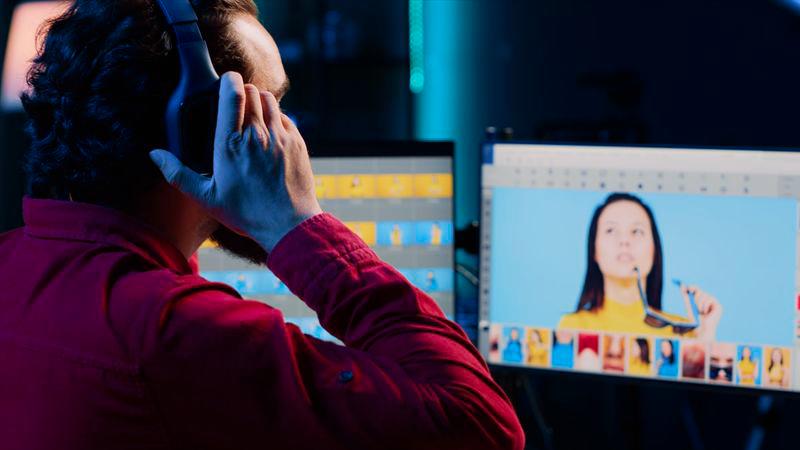PETALING JAYA: The rise of artificial intelligence (AI) has made content creation easier than ever, but it also presents serious ethical challenges, especially when creators act irresponsibly.
As more people seek to generate income through digital platforms, content creators are being reminded to consider the wider impact of their work and to ensure it does not cause harm.
Content and Multimedia Forum chief executive officer Mediha Mahmood said while the use of technology in image manipulation is not new, today’s tools make it more accessible and potentially more harmful.
“Creating explicit images of others is not something new. It has existed for ages. Previously, it was simply called Photoshop,” she said.
She was commenting on a recent case involving a student from a private secondary school who was found producing sexually explicit images and videos of his schoolmates.
Mediha stressed that while technological advancements have created new economic opportunities, they have also made it easier to misuse digital platforms.
“There are 10-year-old schoolchildren selling Canva posters online, which I think is really smart. But there are also those who accept money to alter images of their schoolmates at someone else’s request,” she said.
She emphasised the need to instil a sense of responsibility in young content creators.
“They must understand that their artwork should never harm others,” she added.
Beyond discouraging the creation of lewd content, Mediha also highlighted the importance of respecting the 3Rs – race, religion and royalty – especially in a multi-racial and multi-religious country such as Malaysia.
She added that her organisation had recently conducted a workshop with 200 “eduinfluencers” – teachers with a strong online presence who are recognised by the Education Ministry – to familiarise them with a content code.
“We also encourage teachers to develop their own ‘online safety syllabi’ for students.
“For instance, a history teacher could get students to watch documentaries and then identify any inaccuracies. This helps train them to think critically, especially in an age when misinformation is deliberately created and shared,” she said.
Mediha also expressed hope that by equipping teachers with knowledge of the code, they would cultivate digital literacy and responsibility among their students.









